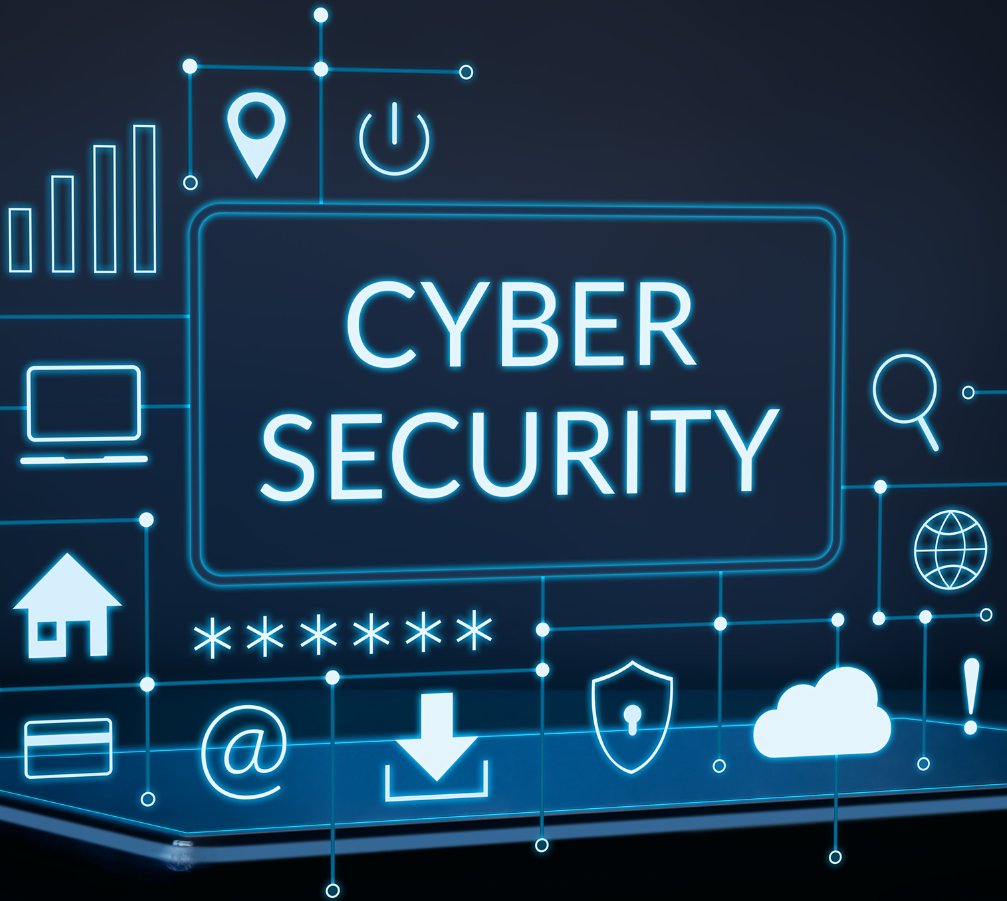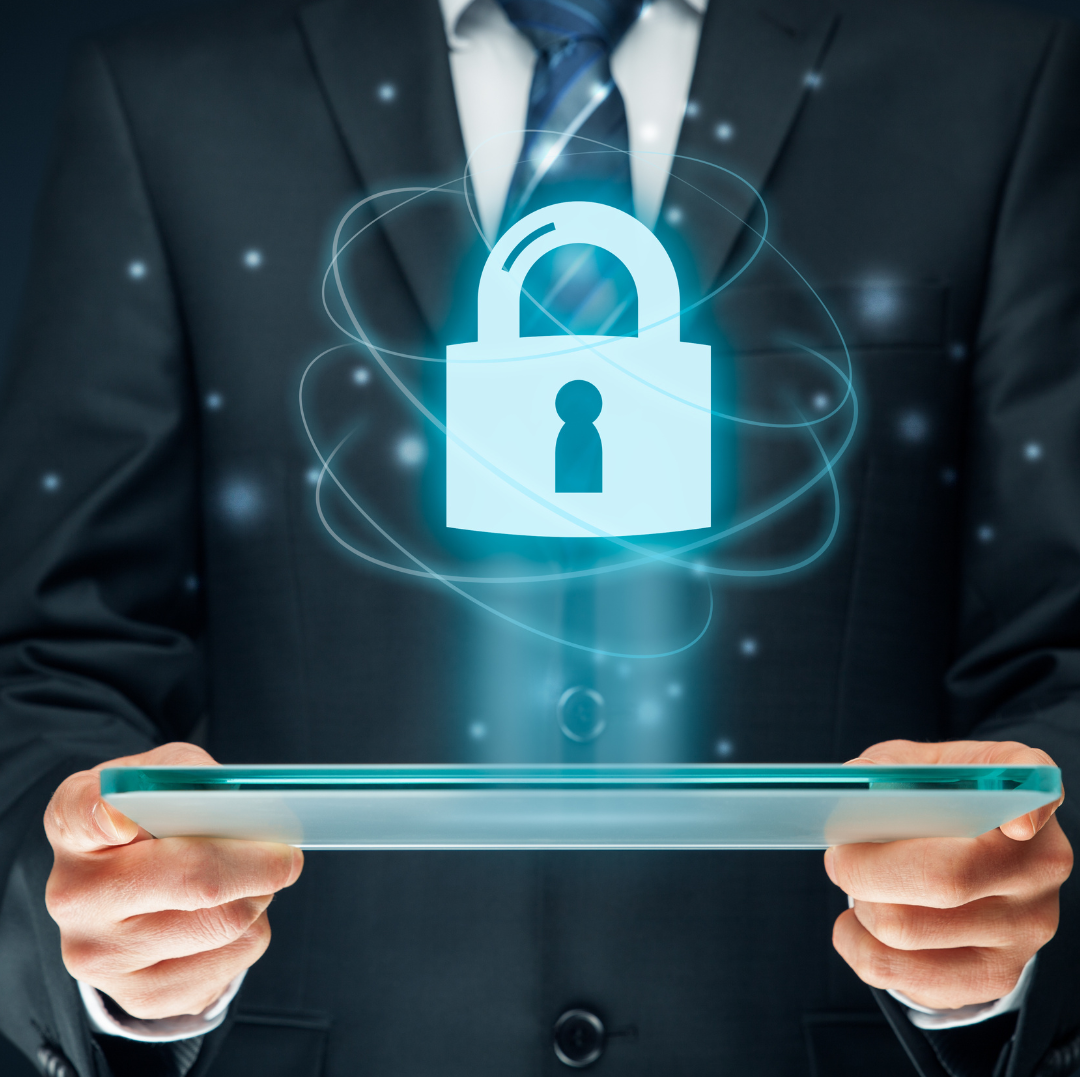Top 10 Cyber Security Tips
The more time we spend online, the more our personal data and information are at risk of falling into the hands of cybercriminals. It’s for this reason that the importance of cyber security best practices is at an all time…

The more time we spend online, the more our personal data and information are at risk of falling into the hands of cybercriminals. It’s for this reason that the importance of cyber security best practices is at an all time high.
Although data breaches and ransomware pose a major threat to organizations and individuals alike, the effects of these cybercrimes are especially detrimental to businesses: we’re talking lost revenue, compromised intellectual property, among countless other long-term damages.
But luckily there are measures that all businesses can take in order to keep data and sensitive information defended against cyber threats and clear from long-term harm. Here are 10 cyber security tips for safeguarding your business and your livelihood:
1. Keep Your Software Up to Date
In order to prevent cybercriminals from gaining access to your company’s devices and data, all operating systems and applications must be regularly updated, and that’s why mitigating ransomware starts with patching outdated software. Otherwise certain vulnerabilities won’t be addressed and could expose critical data within your network to the hands of cybercriminals.
2. Maintain Regular Data Backups
There’s no excuse for not storing your data securely. Whether it be on a physical location or in the cloud, regular data backups will ensure your data isn’t lost or corrupted in face of a cyber attack or data breach.
84% of all businesses store data or backups in the cloud, as reported by a 2019 survey. Cloud storage is particularly effective because it allows you to instantly access or restore data in face of a data breach. Plus, due to its unlimited scalability, backing up data in the cloud is a convenient, cost-effective way to improve your business’s cybersecurity.
3. Use Two-Factor or Multi-Factor Authentication
While the standard protocol for accessing accounts requires a user to enter their username and password, two-factor or multi-factor authentication takes this a step further by adding one or more additional authentication methods. Using this tool for your network will simply result in additional layers of security.
4. Avoid Public Wifi
Unless it’s encrypted through software such as a VPN, public wifi can expose critical data and sensitive information on your device to cyber criminals. Even if you have access to a VPN, though, it’s smart to simply avoid using public wifi for business-related activities, eliminating the threat of exposure altogether.
5. Implement Anti-Virus Protection
Anti-virus (AV) protection software blocks viruses and other cyber threats from infiltrating networks and compromising their data. It’s among the most widely used tools for stopping malware and data breaches in their tracks, and can make all the difference in your organization’s cybersecurity.
6. Learn How to Spot Phishing Scams
According to Verizon’s 2021 Data Breach Investigations Report (DBIR), phishing is involved in 36% of all data breaches.
Phishing is a type of social engineering where a fraudulent message is sent to trick victims into revealing sensitive information, or for the attacker to deploy malware on their victims’ infrastructures.
Improving your cybersecurity can be as simple as learning how to spot phishing scams. This measure will ensure that you and your employees report and avoid opening suspicious emails, which can prevent a cyber threat from doing long-term damage to your network and your livelihood.
7. Educate Your Employees
Keeping your team informed on how to spot potential cyber threats and on the measures they can take to safeguard their personal devices is paramount for your business’s overall security. If everyone is on the same page and knows what to look for when it comes to suspicious activity, you’ll have a lower likelihood of falling victim to a cyber attack.
8. Secure Employee Devices
Another statistic reported in Verizon’s 2022 DBIR is that human error accounts for roughly 82% of data breaches. That’s why it’s crucial that all employee devices — laptops, cell phones, tablets, etc. — are up-to-date on their backups and AV software.
9. Have an Incident Response Plan in Place
An incident response is an organized approach to handling and mitigating a cyberattack or data breach. Devising a comprehensive incident response plan for your business before a cyberattack even occurs will guarantee you and your employees’ preparedness should it strike, minimizing the damages and preventing long-term harm.
10. Consult the Experts
While you can take certain steps and implement small-scale measures on an operational level to beef up your company’s cyber security, there’s nothing more effective than leaving it to the pros to keep your network safe and out of harm’s way.
Barricade Cyber Solutions is dedicated to helping businesses mitigate the damages done by cyber incidents and protect themselves from future threats. Our GIAC certified team has helped thousands of clients around the world recover lost, stolen, and leaked data, and we’re confident there’s nothing we can’t do to help. Plus, we offer 24/7 incident response coverage, so you can count on us for reliable, effective cybersecurity all day, every day.
Protect your business by contacting Barricade today.
RELATED
Start The New Year Off The Right Way
It’s our job at Barricade Cyber Solutions to make sure that your data is safe at all times – and…
Recover Your Data And Your Trust
While it’s true that cyberattacks are stressful, it’s very likely that you won’t be aware of the attack until after…
Did You Fall Victim to a Cyber Attack Over the Holidays?
If your business fell victim to a cyberattack over the holidays, you are far from alone. Unfortunately, the holidays are…



